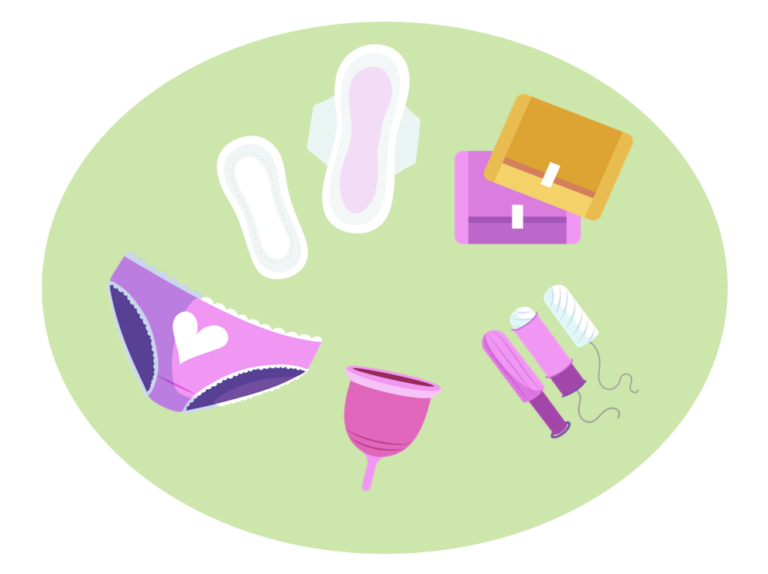May is National Masturbation Month.
Now, before you stop reading, please give me a moment to explain why I have decided to write about Masturbation Month.
This might be the first time you have ever heard about this annual event. If so, you aren’t alone. Masturbation is one of those topics that very few people ever talk about. So, it makes sense that its commemorative month would also be largely undiscussed, let alone celebrated. In fact, the reason the commemoration of national masturbation month began is because someone talked about it publicly, and then, lost her job for doing so.
Perhaps you remember Joycelyn Elders, the Surgeon General who served during President Bill Clinton’s term. After a speech at the 1994 United Nations World AIDS Day, Elders was asked a question about masturbation’s potential for discouraging early sexual activity. Her response was, “I think it is something that is part of human sexuality and a part of something that perhaps should be taught.” She was fired eight days later. The first National Masturbation Day was initiated the following year on May 7, 1995 in order to continue the discussion; later it expanded from one day to the month of May.
What is it about masturbation that provokes such negative reactions from so many people?
Shame, silence, and stigma are common adult reactions to the topic. Americans have even developed a long list of expressions and euphemisms, so we never have to use the forbidden “m” word.
Yet, the topic of masturbation is consistently mentioned in all the groups of students with whom I’ve worked. Students often ask if it is okay. Silence from adults communicates stigma to our young people: masturbation is shameful and taboo. So, young people learn not to talk about it. They hide their questions and behavior from the adults who love and care for them. Our children develop unhealthy attitudes about the ways their bodies work and feel during puberty.
How did this occur? Well, 100 years ago, the “experts” devised all sorts of devices and sex education recommendations to prevent infants, children, and adolescents from touching their genitals. Masturbation was considered ruinous and deviant. This teaching changed in the 50s when parents were taught that they should NOT tell their children not to masturbate, but weren’t told what to say and do instead. These parents were still hung-over from the actions and attitudes of their own parents, and many communicated their anxiety about masturbation anyway.

So, what do we really know about masturbation?
What can we say and do to prepare our children for that time when our children masturbate? What is normal childhood behavior?
- Infants and babies already know that it feels good to touch their genitals. This is a great time to teach them the proper words for their body parts. Yes, even those parts.
- Preschoolers may masturbate as a soothing mechanism, rather than a sexual behavior. They have no inhibitions regarding nudity, and like to play house and doctor. This is a great time to teach them about private versus public behaviors, and how to establish body boundaries. It is important to do this in a way that doesn’t teach shame or make your child feel guilty for their natural curiosity.
- Children ages 5-8 enjoy body function jokes and gendered play. They may want to play with friends of both sexes in ways that allow them to explore sexuality and bodies. Masturbation occurs mainly in privacy. This is a great time to help children understand their gender identity, human reproduction, and changes in puberty. At this age, teach children that masturbation is a private activity, and teach ways to show respect for themselves and others.
- Children ages 9-12 become more interested in their own privacy and independence from parents. They seek peer relationships and are very curious about adult bodies. As they learn social norms, masturbation is likely to occur in private. This is a great time to communicate in an ongoing manner about physical, social, and emotional changes in puberty. At this age, provide information about sexuality and sexual behavior that children can read independently and discuss with you. Teach them how to tell the difference between reliable versus unreliable information and media messages. Encourage healthy and respectful friendships and other relationships that are not sexualized.
- Read more about typical healthy childhood sexual development.
In summary, it is normal if someone does masturbate, and it is also normal if someone does not masturbate. Whether or not a person masturbates is an individual choice. One’s family values or spiritual beliefs may impact their convictions about masturbation. However, guilt and shame are much more likely to cause harm than will masturbation.
An old joke states, “98 percent of people masturbate… and the other 2 percent are lying.” While the true percentages are lower than that, the majority of males and females report having masturbated. Don’t you agree that it’s time we started talking about it with our children? With May being National Masturbation Month, this is the perfect opportunity to make it a normal part of our conversations about sexual health. Read more.
For more information:
- Teaching Kids about Their Bodies, KidsHealth
- Sexual Development and Behavior in Children, NCTSN
- An Overview of Health Childhood Sexual Development, NSVRC
- Is Your Child’s Sexual Behavior Normal? Psychology Today
- Your Guide to Masturbation, Web MD
updated 2023-5-8



